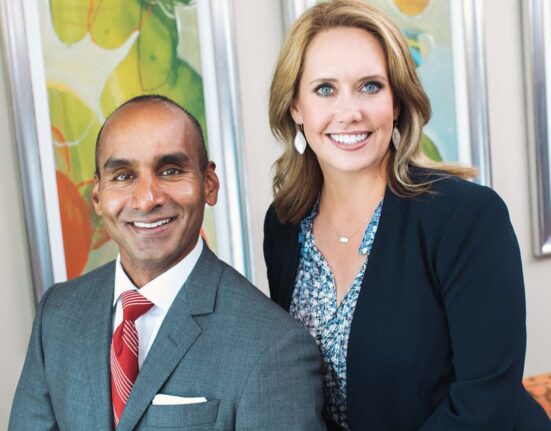
This piece first appeared in Blueprint365 Magazine. Click here to request your complimentary copy.
One thing the pandemic taught us: in many fields, it doesn’t really matter where you work.
For the most part, companies incorporated this fact into their day-to-day, accommodating office employees who want to work from home – or, really, anywhere other than the office – at least part of the time. (See page 36 for some advice on how best to do that.)
Less discussed but equally important: in many cases, it doesn’t really matter when you work, either.
“The older you are, you remember when there was never any flexibility,” says Mark Richardson, founder of career and talent consultancy Unfinished Business. “It was just … seven to three, eight to four, nine to five, whatever. Nowadays, companies, depending on the industry, can allow people to work at whatever times they need to work. It’s about deliverables. It’s about being accountable to have your projects done, and to be available to meet with the team.”
That doesn’t necessarily mean employees can just decide day to day when they feel like working and when they don’t.
“You have to adhere to policy,” Richardson says. “Whatever the company’s policies are, you start there. But, if I’m a manager, and I’m a leader, I’m listening. Policies are there because at some point they were deemed necessary, but if you start to get a lot of requests for certain things, that might mean policy needs to change.”
The corollary to that, of course, is that employees should feel empowered to speak up when they need more flexibility.
“You never get anything if you don’t ask,” Richardson says. “The answer might not be no. The answer might be not now.”
Before you do make that ask, though, make sure your supervisors have every reason to trust you.
“That means your attendance. Be on time, be there when you’re expected to be, make sure that your work product is of a high quality and it’s consistent,” Richardson says.
Richardson also says schedule flexibility isn’t necessarily something to ask about early in the interview process when you’re pursuing a new job: “You want to make sure that you’re locked in as a potential candidate for the role, and you want to sell them on yourself before you start asking for what might be considered to be extra benefit.”






